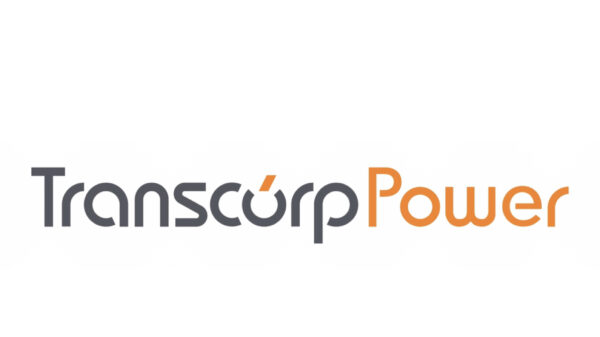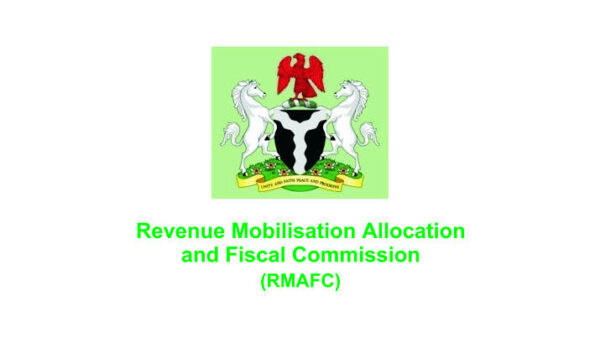A bill seeking to prohibit Ponzi and Pyramid schemes has passed the second reading.
Gatekeepers News reports that a bill seeking to prohibit Ponzi and Pyramid schemes has passed the second reading at the house of representatives.
When signed into law, promoters of such schemes would face up to ten years in prison if found guilty by a court.
In recent years, financial regulators have expressed concerns over unlawful schemes.
In March 2021, the Securities and Exchange Commission (SEC) said three million Nigerians had lost N18 billion to Ponzi scheme operators.
The proposed legislation seeks to repeal and re-enact the Nigerian Capital Market, Investments and Securities Act.
Ibrahim Babangida, chairman, house committee on capital markets, who sponsored the bill, said current developments in the capital market have made it necessary to amend the act.
He said the bill proposes new provisions for the regulation of derivatives and commodities trading to deepen the Nigerian capital market and the economy.
According to him, it would also regulate activities of financial market infrastructures — netting and bankruptcy provisions to protect investors in derivatives contracts.
“The bill prohibits Ponzi/Pyramid schemes as well as other illegal investment schemes and prescribes a jail term of not less than 10 years for promoters of such schemes. The commission would also be empowered to shut down such prohibited investment schemes,” the lawmaker said.
“There are new provisions on the regulation of financial market intermediaries (FMIs), such as central counterparties (CCPs), clearinghouses, trade depositories etc.
“The general law of insolvency would have no effect on market contracts or action taken under the rules of an exchange, FMI with respect to market contracts, or an action taken to transfer any collateral.
“Furthermore, no entity, trade association can operate or hold itself out as a self-regulatory organisation (SRO) unless recognised or registered as such by SEC. The responsibilities of SRO are also well spelt out, while a new provision has been introduced on the netting of financial contracts.”


















































